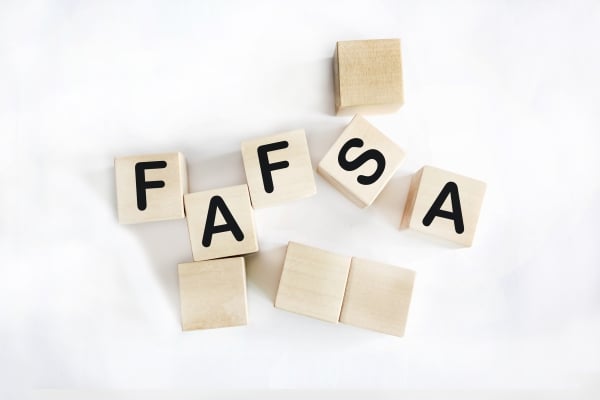The Free Application for Federal Student Aid (FAFSA) is an essential form for college students seeking financial assistance for their education. However, many students quickly realize that completing the FAFSA can be a challenging and often overwhelming process. For some, the FAFSA can feel like a daunting obstacle that can leave them feeling defeated and frustrated.
The FAFSA requires students to provide detailed information about their family’s financial situation, including income and assets. This can be a sensitive and invasive process, as students may be uncomfortable sharing this personal information with the government. Additionally, the form itself can be complex and confusing, with numerous questions and requirements that can be difficult to understand.
For many students, the process of completing the FAFSA is not just a bureaucratic hurdle, but a source of significant stress and anxiety. The pressure to accurately complete the form in a timely manner can weigh heavily on students, especially those who are also balancing the demands of school, work, and other responsibilities. In some cases, students may even feel overwhelmed by the sheer volume of information required by the FAFSA, leading to feelings of helplessness and frustration.
The impact of the FAFSA on students’ mental health can be profound. Many students report feeling overwhelmed, anxious, and even depressed as they navigate the complex and demanding process of completing the form. Some may even feel like they have been “broken” by the experience, as they struggle to make sense of the overwhelming requirements and expectations placed on them by the FAFSA.
Despite its challenges, the FAFSA is an important tool for students seeking financial aid for college. It is essential for accessing federal grants, loans, and work-study programs, which can help students pay for tuition, books, and other expenses. However, it is crucial for students to recognize that they are not alone in their struggles with the FAFSA. There are resources available to help students navigate the process, including financial aid advisors, online guides, and workshops.
For students who are feeling overwhelmed by the FAFSA, it is important to remember that help is available. Seeking out support and guidance from trusted advisors and mentors can make a significant difference in managing the stress and anxiety associated with completing the form. By reaching out for assistance, students can ensure that they are able to access the financial aid they need to pursue their educational goals and build a brighter future for themselves.


